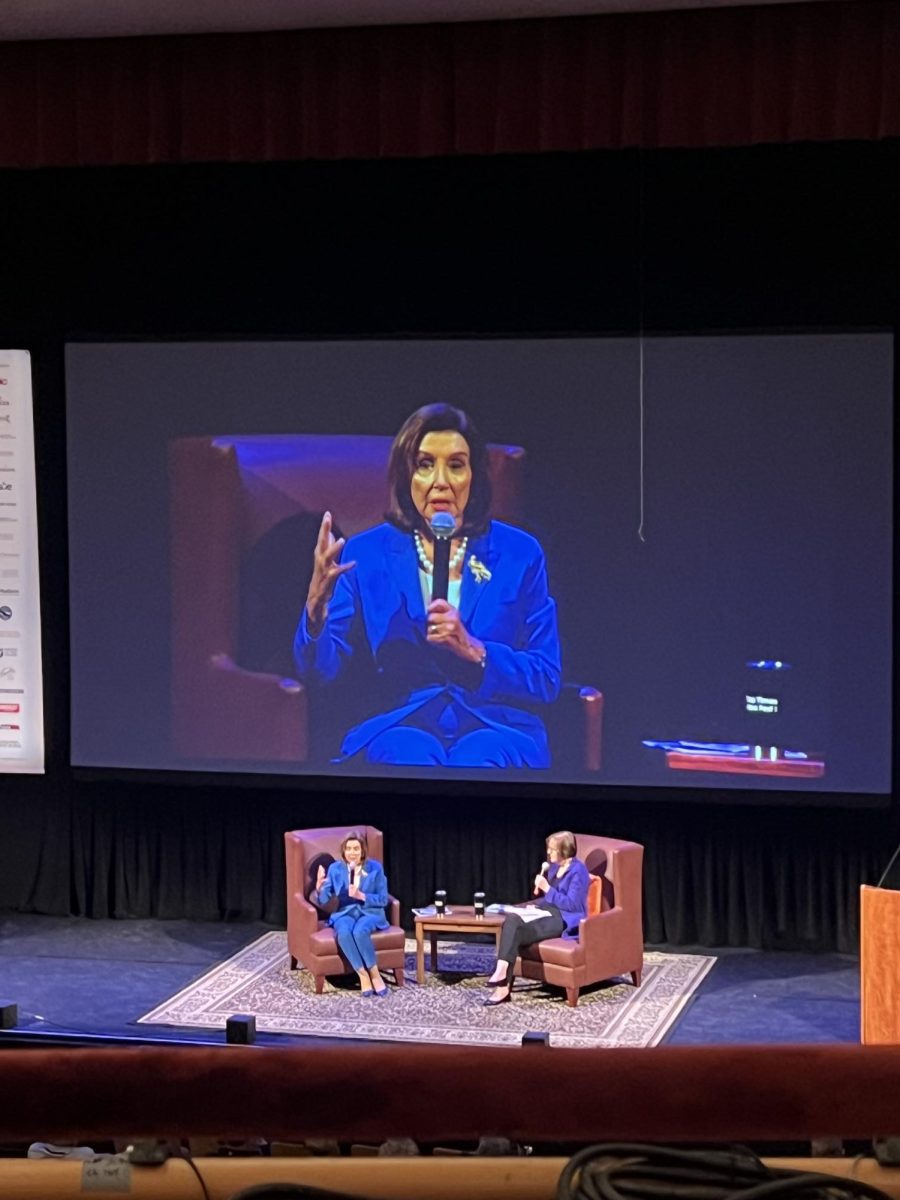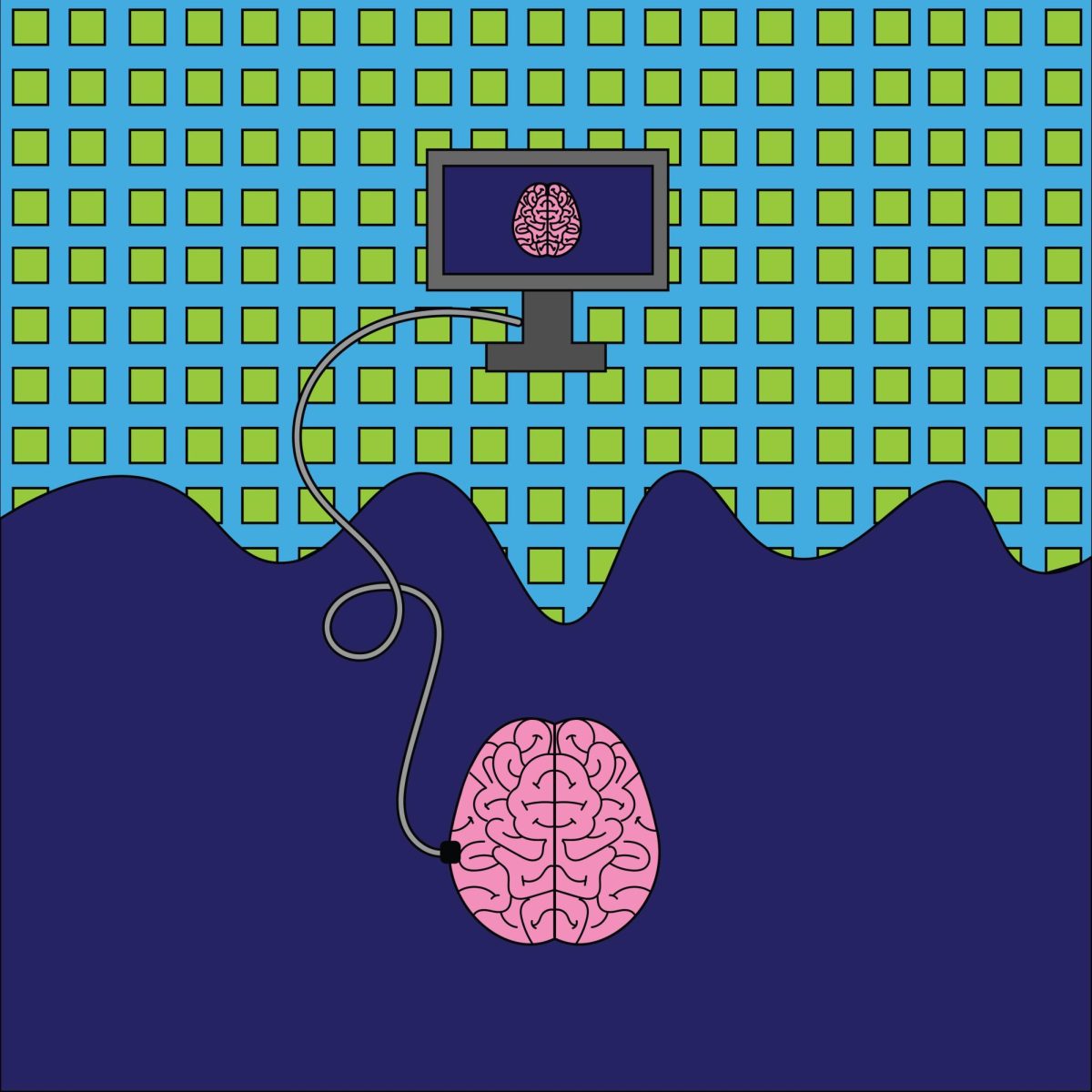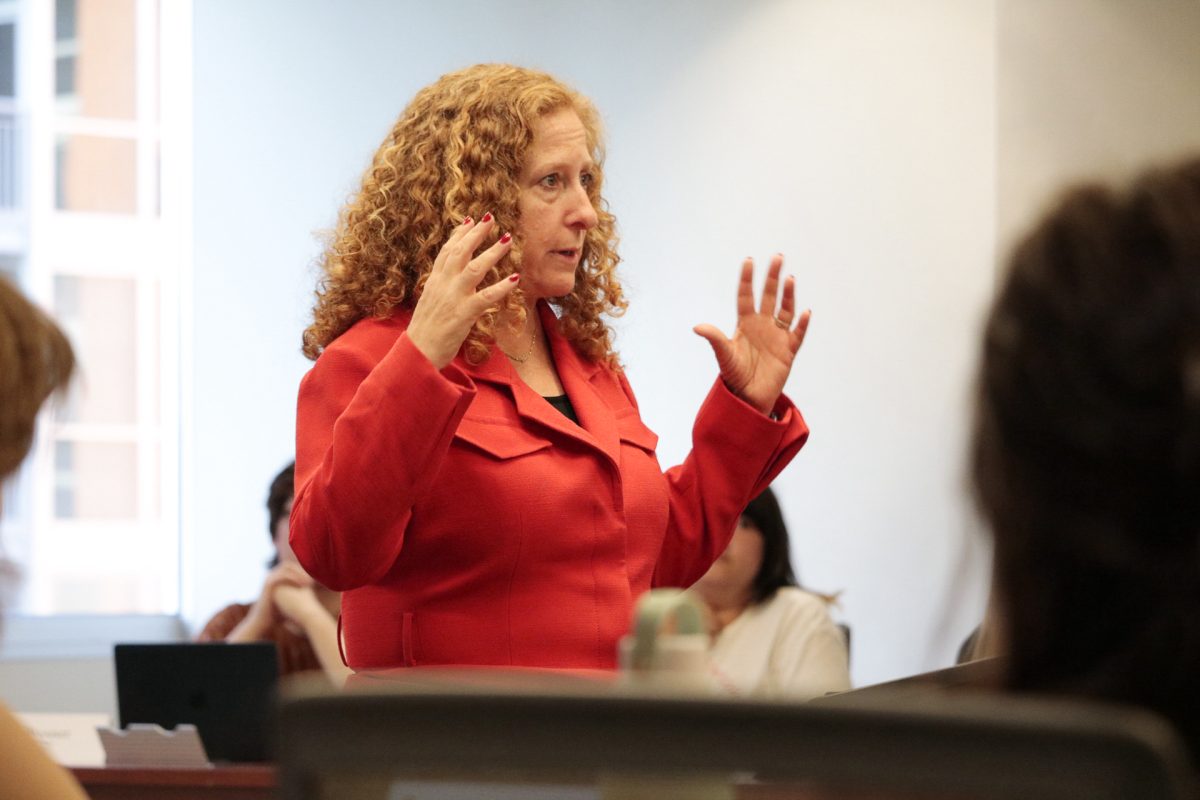Human trafficking, a modern-day form of slavery and a growing criminal activity both internationally and also here within Wisconsin, goes largely unnoticed by most citizens.
The United Nations Office on Drugs and Crime defines human trafficking as the act of recruiting, transporting, harboring or receiving a person through use of force, coercion or deception, with the purpose of sexual exploitation, commercial sex acts or labor exploitation.
Slave Free Madison, a community action group, cites human trafficking as the second-largest criminal activity in the world with $32 billion in profits each year, second only to drug trafficking. The Bureau of Justice Statistics lists the average cost of purchasing a person at just $200.
Another such group, 5-Stones, which originated in Appleton, has been working to not only inform individuals of the crime, but also to provide an emergency shelter for victims of sexual trafficking, the most prominent form of human trafficking in the state.
A first-hand account of sex trafficking was aired at a 5-Stones event, where the organization’s volunteers put together a 12-minute video interview with a woman who had been a victim for almost 20 years.
The woman, who went by the name Lisa, explained she had been in college and gotten into what she described as a normal relationship that gradually became a form of sexual trafficking as her boyfriend brainwashed her into it.
“I think it’s a situation young women can get trapped in,” Lisa said. “It can happen anywhere in a lot of different ways.”
Her boyfriend had started using her initially by asking her to upload sexual pictures to the Internet and trying things she was not comfortable with in bed, eventually using her to make money through exploitation.
“For a long time I was lost, really lost,” Lisa said. “It was a living hell.”
In an interview with The Badger Herald, Melissa Hollendyke, the coordinator of a recent 5-Stones event, explained the misconceptions about and problems of human trafficking.
“Trafficking does not necessarily have to mean moving over state lines or international boundaries,” Hollendyke said. “It can happen in any number of ways, though it tends to occur among those who are in a vulnerable position.”
These examples can range from a father forcing his child to commit commercial sex acts for money in order to help pay the family’s rent, to an individual being kidnapped at a bus stop, drugged and forcibly held in a brothel overseas, Hollendyke said.
“Since it’s such a broad, misunderstood phenomenon, it is assumed to be largely underreported,” Hollendyke said.
Another problem 5-Stones recognizes is that a victim of sex trafficking can be arrested for prostitution and never recognized as a victim of trafficking, plaguing their record and life in such a way that makes it hard for these individuals to move on in life, Hollendyke said.
Victims of trafficking can have difficulty getting away from their captors because victims may fear for their lives, be held against their will by violence and drugs or believe that their trafficker has their best interests in mind, Hollendyke said.
Although sex trafficking is considered the most prominent form of human trafficking, JoAnn Gruber-Hagen, a spokesperson for Slave Free Madison, believes labor trafficking also exists in Wisconsin, but is even harder to recognize.
“What I think most of us aren’t very good at is identifying that when we eat at a nice restaurant, we don’t know how these people cleaning our tables or doing our dishes are involved in the business [or if they are being paid],” Gruber-Hagen said. “In those situations they look like they are just doing their job.”
Gruber-Hagen also thinks agriculture is a big area where people tend to be exploited, which is only an estimate because of the fact that roughly 95 percent of the nationwide victims of labor trafficking are foreign-born, and many are undocumented.
This is in sharp contrast to sex trafficking, with the vast majority of nationwide sex trafficking victims being U.S. citizens, not people from another country as many suspect, Gruber-Hagen said.
In general, help geared specifically for victims of sex trafficking is hard to come by, as the U.S. currently only has five shelters for victims, totaling just 42 beds, Hollendyke said.
In a recent analysis of each state’s laws, Shared Hope International, a global effort against sexual trafficking, rated Wisconsin with a “D” in addressing the overall problem.
Shared Hope International’s Protected Innocence Initiative identified Wisconsin’s lack of tools to conduct investigations and identify sex trafficking cases as the major sources of failure, leaving room for improvement with motivation from groups within the state, according to their website.
With nearly $1,800 raised through 5-Stone’s Awareness Through the Arts event, the organization plans to split the funds between establishing Wisconsin’s first shelter for these victims as well as developing a Wisconsin-based documentary on the issue, Hollendyke said.
Slave Free Madison hopes to continue alerting people of the crimes that are happening and also to work to pass legislation that will give law enforcement and other groups better ability to deal with the issue, Gruber-Hagen said.












